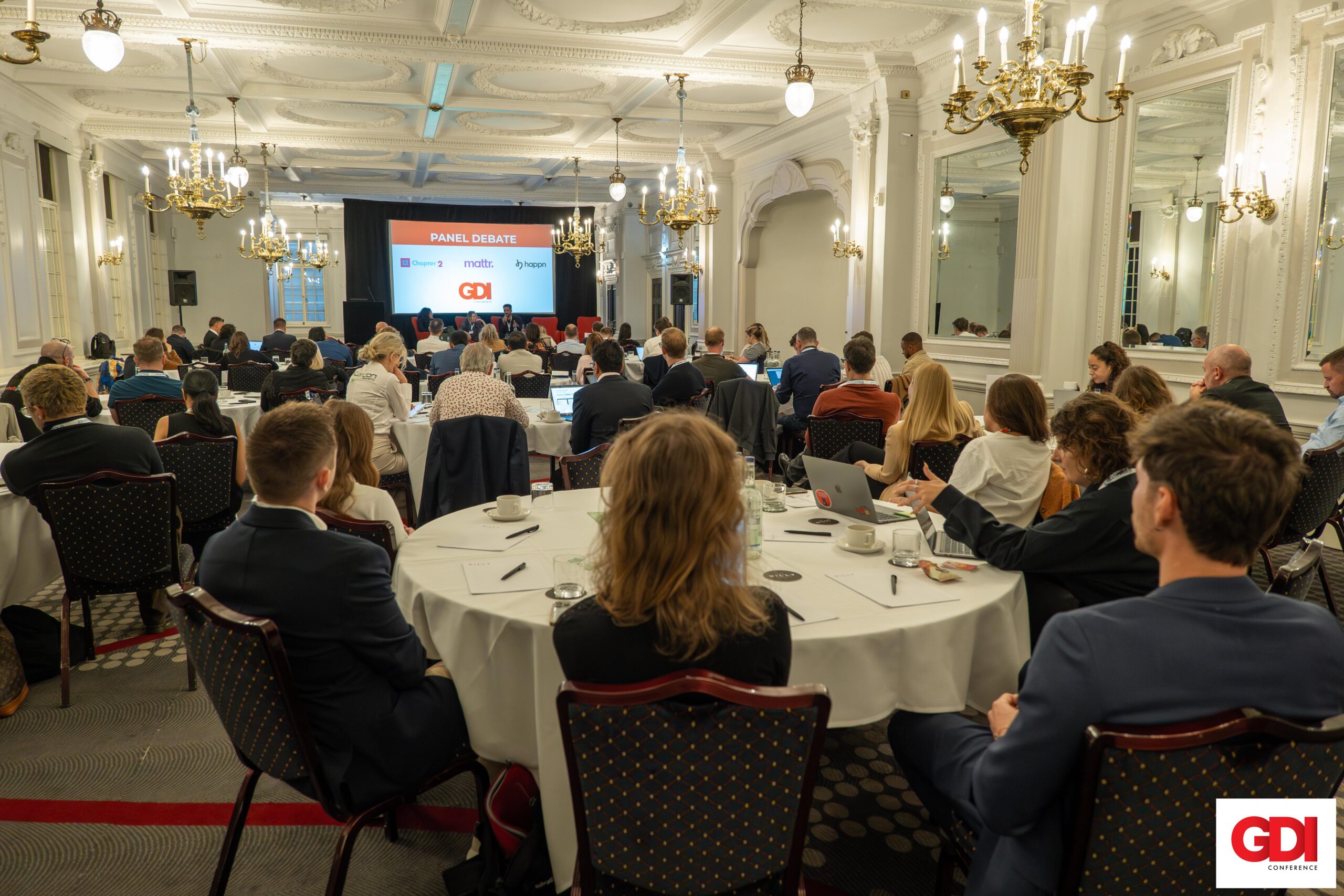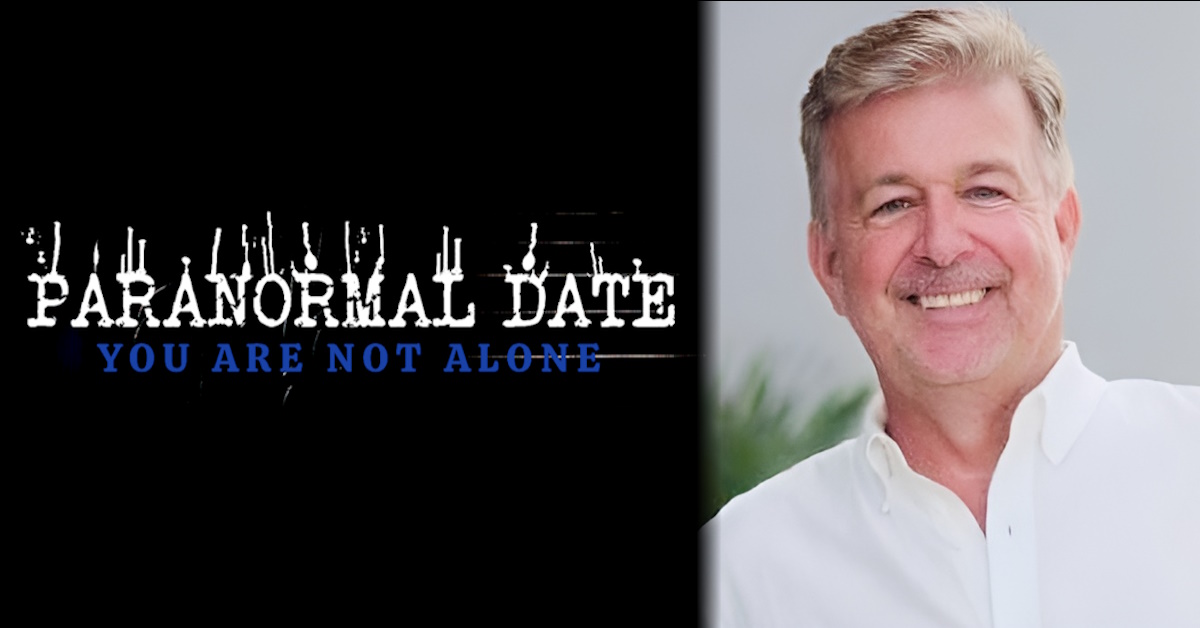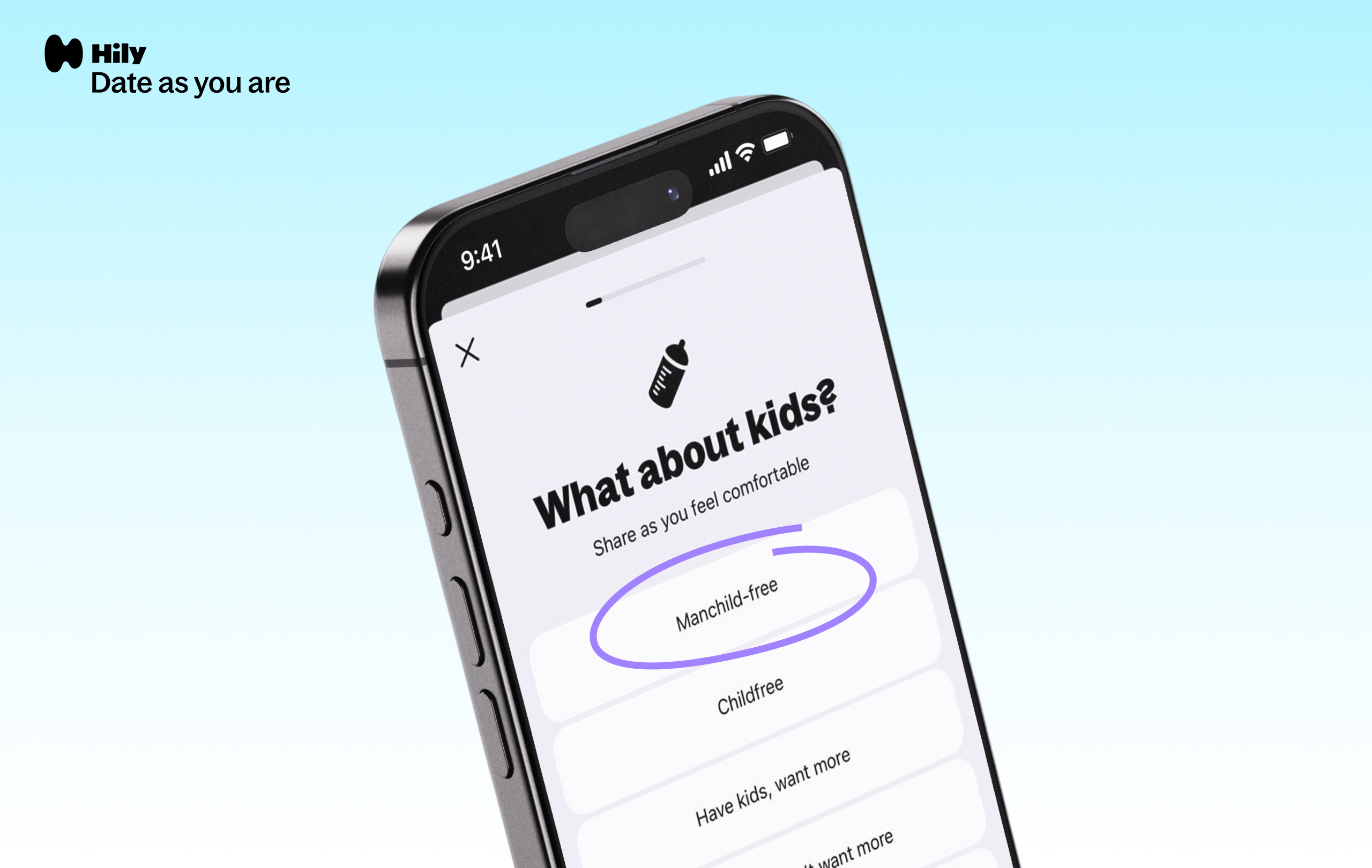A recent study from researchers at Ludwig Maximilian University of Munich and the University of Manchester has found that men using dating apps frequently pursue partners significantly more desirable than themselves — and are largely unsuccessful in doing so. The research, which analyzed over 10,000 users of a Czech dating app, reveals a consistent pattern of “aspirational pursuit,” where men attempt to match with women who receive far more attention from other users.
Women, by contrast, are typically more selective. The study found they tend to swipe slightly “downward” in terms of desirability – measured by the number of swipes received – often because they are inundated with options. In Prague, for example, women averaged 53 swipes compared to men’s 4.2, giving them the upper hand in decision-making.
The results showed that only 27% to 38% of swipes led to mutual matches, and most successful connections occurred between users with similar popularity levels. This suggests that while men frequently aim higher, the likelihood of those attempts being reciprocated is low.
Importantly, the study makes it clear how dating apps may reinforce existing social dynamics rather than disrupt them. By making it easier to initiate contact — particularly for men — they amplify imbalances in user experience. The researchers suggest that online dating behavior mirrors offline tendencies, albeit in a more intensified form.
Although the findings are based on data from one app in Czechia, they align with trends observed on global platforms and raise broader questions about how technology shapes modern dating. Some may feel that having more explicit measures of popularity could help, while others may feel that it is simply a natural consequence of how gender ratios tend to lean male on most apps.
























